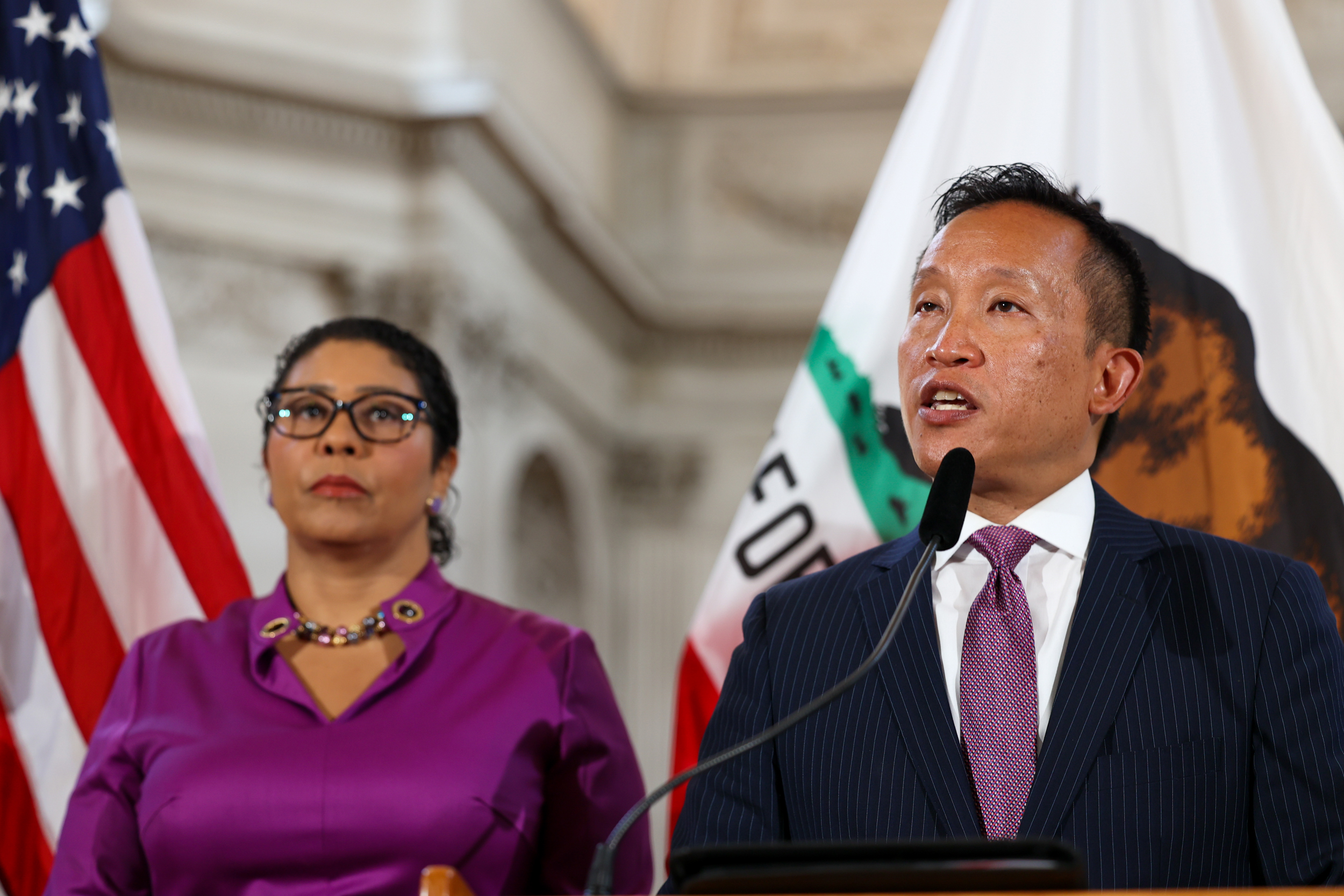In a filing with the U.S. Supreme Court on Friday, San Francisco came out squarely against a lower court’s decision that firmly cemented restrictions on the ability to abate homeless encampments.
The filing, known as an amicus brief or a “friend of the court” filing, urges the high court to reverse the Ninth Circuit Court of Appeals ruling on Johnson v. Grants Pass, a case that has affirmed an individual’s right to sleep outside if local officials can’t offer shelter space.
“Like so many other cities across the country, San Francisco is wrestling with an overwhelming homelessness crisis,” the city’s filing states. “The City has responded by devoting billions of dollars in funds and resources to provide a range of social services for individuals experiencing homelessness. San Francisco seeks to balance its commitment to a compassionate, services-first approach with its responsibility to ensure that sidewalks and public spaces are safe and accessible for residents, visitors, and local businesses.”
The Supreme Court is expected to review the case at the end of June, and its decision is expected to carry major consequences for homelessness policies in cities across the U.S.
San Francisco has a particular interest in the outcome of the case. In September 2022, homelessness advocates sued San Francisco and accused the city of breaking the law by destroying personal items like tents belonging to those living on the streets.
The lawsuit is on hold for the moment as of February after a federal magistrate judge accepted the city’s request to wait for the outcome of the Supreme Court ruling.
“It does not make sense to punish status or criminally prosecute homeless individuals for being homeless,” said City Attorney David Chiu in a statement Friday. “But, the Ninth Circuit in Grants Pass went well beyond that central idea and misapplied the law.
“The Supreme Court should correct this legal error in Grants Pass and allow cities to effectively combat our homelessness crisis,” Chiu added.
On Friday, data from the Healthy Streets Operations Center indicated that homeless residents living in tents and vehicles have been decreasing in the last six months, a trend the city attributed partly to a court ruling that allows for encampment abatements under certain circumstances.
